X-ZIBIL: A Trashy Educational Experience
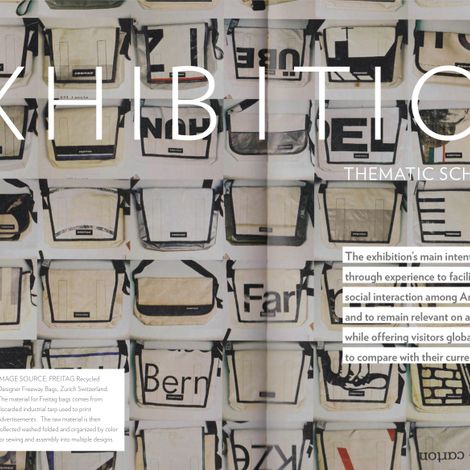
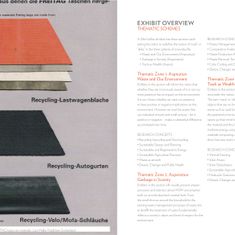
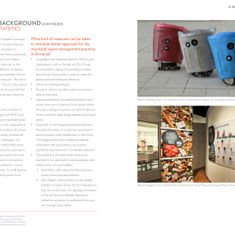
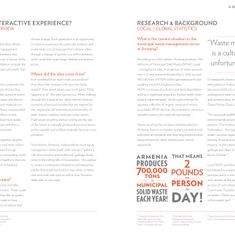
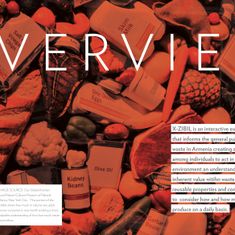
X-Zibil is an educational exhibition that informs the general public about waste management in Armenia, creating awareness and willingness among individuals to act in favour of the environment. Ultimately, the exhibition compels the individual to consider the municipal solid waste that they produce on a daily basis.
On a grassroots level, this exhibition empowers the individual to reconsider the simple choices they make relating to the products they consume and, in turn, the materials which they dispose and dismiss as ‘waste’. Our seemingly trivial choices in the house, compounded over time, may have a negative effect on the environment. Thus, every individual must realise that he/she has a significant impact, and thus, a responsibility to the natural environment.
One, our main goal is to reveal to citizens normally unseen processes in their environment.
Two, our secondary goal is to provide an opportunity to improve awareness of a particular problem and evoke some sort of response from citizens, either through a change of opinion or a shift in behavior, which could then spark larger debate and positive action.
Three, our tertiary goal is to reveal to citizens normally unseen processes in their environment. These could be short-term ephemeral processes like air quality or traffic congestion on nearby roads, or long-term processes like growing crime incidence and climate change, providing an opportunity to improve awareness and evoke a response from citizens, through a change of opinion or a shift in behavior, which could then spark larger debate and positive action.
Where did the idea come from?
Ever wondered how much trash you produce? How does that compare with your own body weight? How about where your trash goes? What happens to it? We were curious too.
Since before Armenia’s independence most waste management started with older women (“babiks”) with short brooms and ended with garbage dump sorter in the rolling hills of Sovietashen.